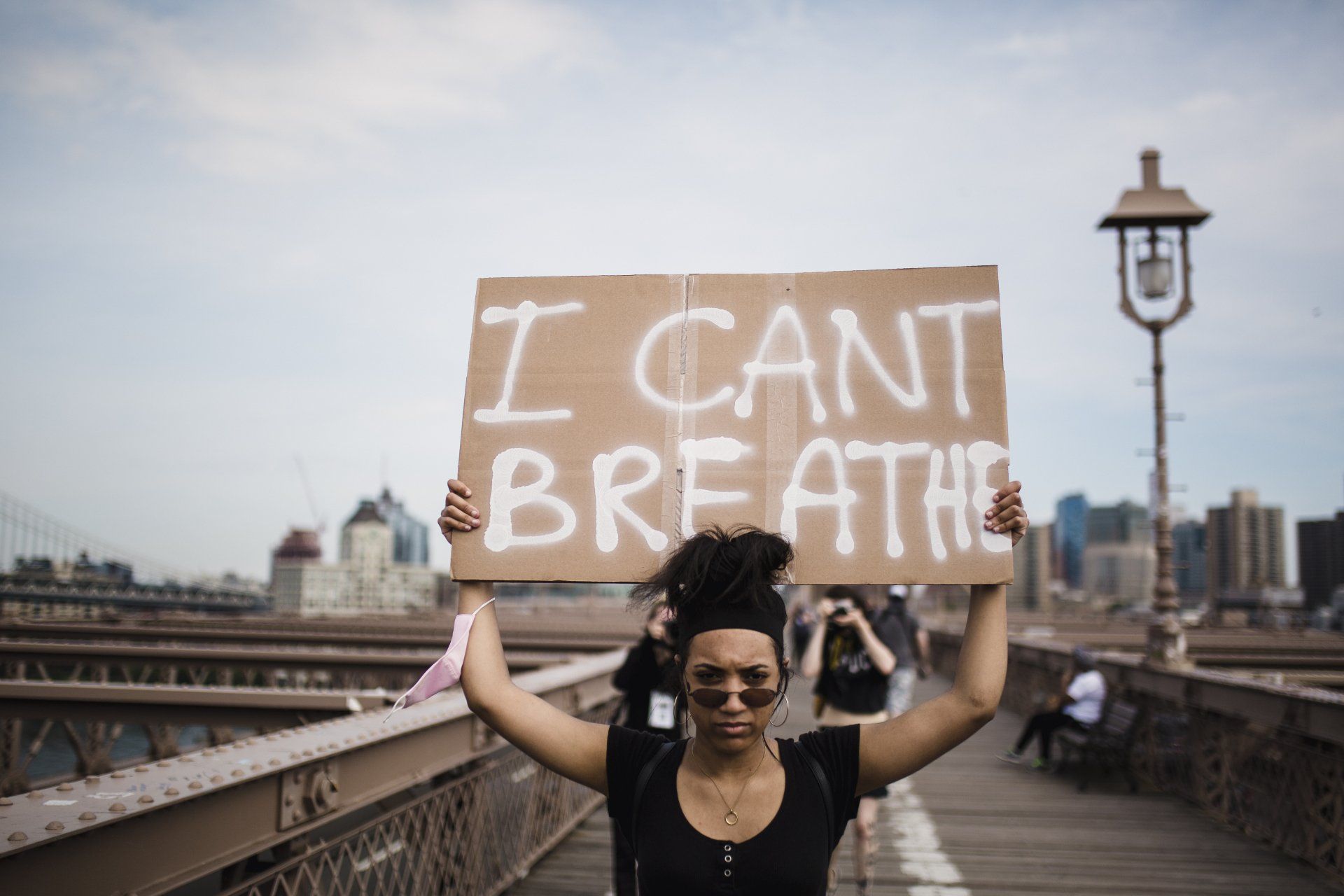Decision Made Regarding Unreasonable Delays
The Supreme Court of Canada (SCC) just released a decision about the right to be tried within a reasonable time under section 11(b) of the
Charter . In
R . v.
Thanabalasingham , 2020 SCC 18, where the accused was charged with the second degree murder of his spouse, the SCC dismissed the Crown’s appeal and found that the delay between the charge and the anticipated end of trial gave rise to a breach of section 11(b).
Same Principles Apply
The SCC decision in
Thanabalasingham is a short one but it is nonetheless important. It confirms the principles that the SCC established in 2016 in the case of Jordan, 2016
SCC 27, and that those principles apply even in a case where the accused is facing serious charges such as second degree murder.
Public Opinion
Following some post
Jordan cases, there was some general discord in the public opinion when a case was thrown out simply for delay. Some reaction was that when a case is serious such as when the accused is facing really serious charges and allegedly has committed heinous crimes, the charges should not be just thrown out because of delay. Yet 11(
b ) is about being tried within a reasonable time regardless of the nature of the charges the accused is facing. In fact, 11(
b ) does not state that a reasonable trial should only be afforded to those facing less serious charges. 11(
b ) applies to “[
a]ny
person charged with
an offence ” and the nature of the offence makes no difference as to the application of this
Charter guarantee.
Some important passages of the decision that are worthy of being highlighted are:
[5] There is no doubt that the delay in this case far exceeded the 30-month presumptive ceiling established in
Jordan . With respect to this calculation, the Crown urges us to adopt the dissenting reasons of Gagnon J.A. in the Court of Appeal. Applying the principles in
Jordan , he found that the net delay was under 35 months. In so concluding, he treated the delay arising from the preliminary hearing as a discrete exceptional event. With respect, we are of the view that he erred in law in coming to this conclusion. The preliminary hearing was not a discrete event, and its length was not outside the Crown’s control in the sense contemplated by
Jordan (see
Jordan , at paras. 69-70). We say this without endorsing the trial judge’s critical comments regarding the Crown’s exercise of its prosecutorial discretion (see trial reasons, at para. 39 (CanLII)); it was open to the Crown to pursue a charge of first degree murder.
That said, as this Court noted in
Jordan , “[w]hile the court plays no supervisory role for such decisions, Crown counsel must be alive to the fact that any delay resulting from their prosecutorial discretion must conform to the accused’s
s. 11 (
b ) right” (para. 79). Had Gagnon J.A. properly accounted for the delay arising from the preliminary hearing, he would have arrived at a net delay of 45 months — well beyond the 30-month presumptive ceiling
. [Emphasis added]
[9] Nothing in the foregoing should be taken as a retreat from the message that
Jordan sought to convey, or from the principles and policy considerations underlying it.
Jordan sought to put an end to an era where interminable delays were tolerated, and to the complacent, “anything goes” culture that had grown up in the criminal justice system. The clear and distinct message in
Jordan was that all participants in the system are to take proactive measures at all stages of the trial process to move cases forward and bring accused persons to trial in a timely fashion. Crown counsel is tasked with “making reasonable and responsible decisions regarding who to prosecute and for what, delivering on their disclosure obligations promptly with the cooperation of police, creating plans for complex prosecutions, and using court time efficiently” (
Jordan , at para. 138). Defence counsel must be aware that, aside from time legitimately taken to respond to the charges, they “will have directly caused the delay if the court and the Crown are ready to proceed, but [they are] not” (
Jordan , at para. 64; see also para. 65). As we did in both
Jordan and
Cody , we again emphasize the special role that trial judges — who are charged with curtailing unnecessary delay and changing courtroom culture — must play in this shift
(
Cody , at para. 37, citing
Jordan , at para. 114). For example, where the defence seeks an adjournment, a court may deny it “on the basis that it would result in unacceptably long delay, even where it would be deductible as defence delay” (
Cody , at para. 37). In sum, practices that were formerly commonplace or merely tolerated are no longer compatible with the right guaranteed by
s. 11 (
b ) of the
Charter
— a right that inures not just to the benefit of accused persons, but to the benefit of victims and society as a whole as well. [Emphasis added]

About The Author
Maya Shukairy is a criminal defence lawyer based in Ottawa, Ontario. Before becoming a criminal defence lawyer, she worked in a Crown’s Office gaining experience working as a Crown prosecutor. Maya offers her services in English, French and Arabic. Shukairy Law has affordable rates and accepts Legal Aid certificates.
Find this post informative?
Share it with your friends and family.
CAUTION: the information on this page does not constitute legal advice and is NOT a substitute for legal advice. To obtain legal advice please refer to a lawyer. If you do not have a lawyer and you are seeking legal advice, you may contact us at (613) 670-5819.
Take a look at a few other posts...



